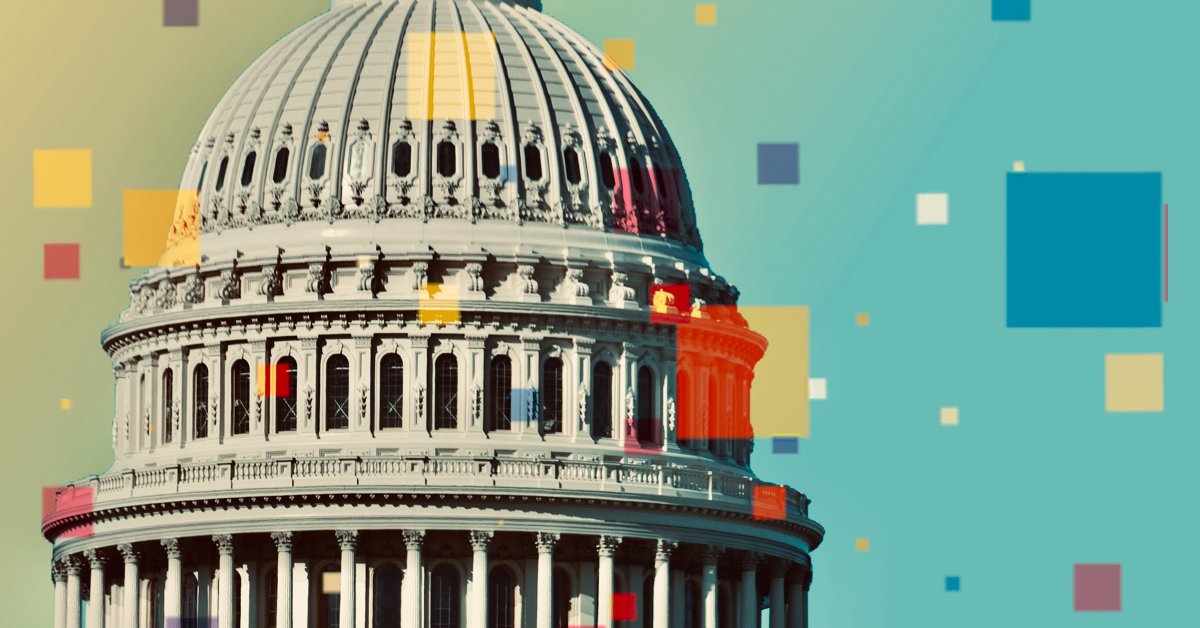The number of groups lobbying the U.S. federal government on artificial intelligence nearly tripled from 2022 to 2023, increasing from 158 to 451 organizations, according to data from OpenSecrets, a nonprofit that tracks and publishes data on campaign finance and lobbying. Large technology companies have been the dominant players in influencing potential AI legislation, with many publicly supporting regulation while advocating for light-touch and voluntary rules in private conversations with officials. This trend has been observed through interviews with congressional staffers, nonprofit advocates, and experts in the field.
In November 2022, OpenAI released ChatGPT, a popular chatbot, prompting leading AI researchers and industry executives to raise concerns about the risks of AI, including the potential for existential threats. This led to increased global attention on AI regulation, with actions such as U.S. President Joe Biden signing an AI Executive Order, the E.U. modifying its AI law to regulate chatbot models, and the U.K. hosting the world’s first AI Safety Summit. While Congress has not yet passed any AI-specific legislation, there has been significant activity on the Hill, including Senate Majority Leader Chuck Schumer organizing “Insight Forums” to educate Congress on AI technology.
As the possibility of comprehensive federal AI legislation looms, lobbyists have flocked to Capitol Hill to advocate for their organizations’ interests. The scale at which Congress is considering AI bills has increased, leading to a surge in lobbying efforts from various groups. While the exact impact of these lobbying efforts on AI legislation remains to be seen, the influx of organizations seeking to influence policy decisions reflects the growing importance and complexity of AI regulation in the eyes of lawmakers.
The push for AI regulation comes amid growing recognition of the potential risks associated with advanced technologies. Concerns about the societal implications of AI, including issues related to privacy, bias, and safety, have prompted policymakers to consider regulatory frameworks to address these challenges. The rise in lobbying activity suggests a heightened focus on shaping AI policy at the federal level, as stakeholders seek to ensure that regulations strike a balance between fostering innovation and protecting the public interest.
Overall, the increase in lobbying on AI legislation underscores the growing importance of technology policy in shaping the future of artificial intelligence. With a diverse array of stakeholders seeking to influence regulatory decisions, the debate over AI regulation is likely to intensify in the coming years. As lawmakers grapple with the complexities of governing AI, the role of lobbyists and advocacy groups will continue to be a key factor in shaping the regulatory landscape for artificial intelligence.









